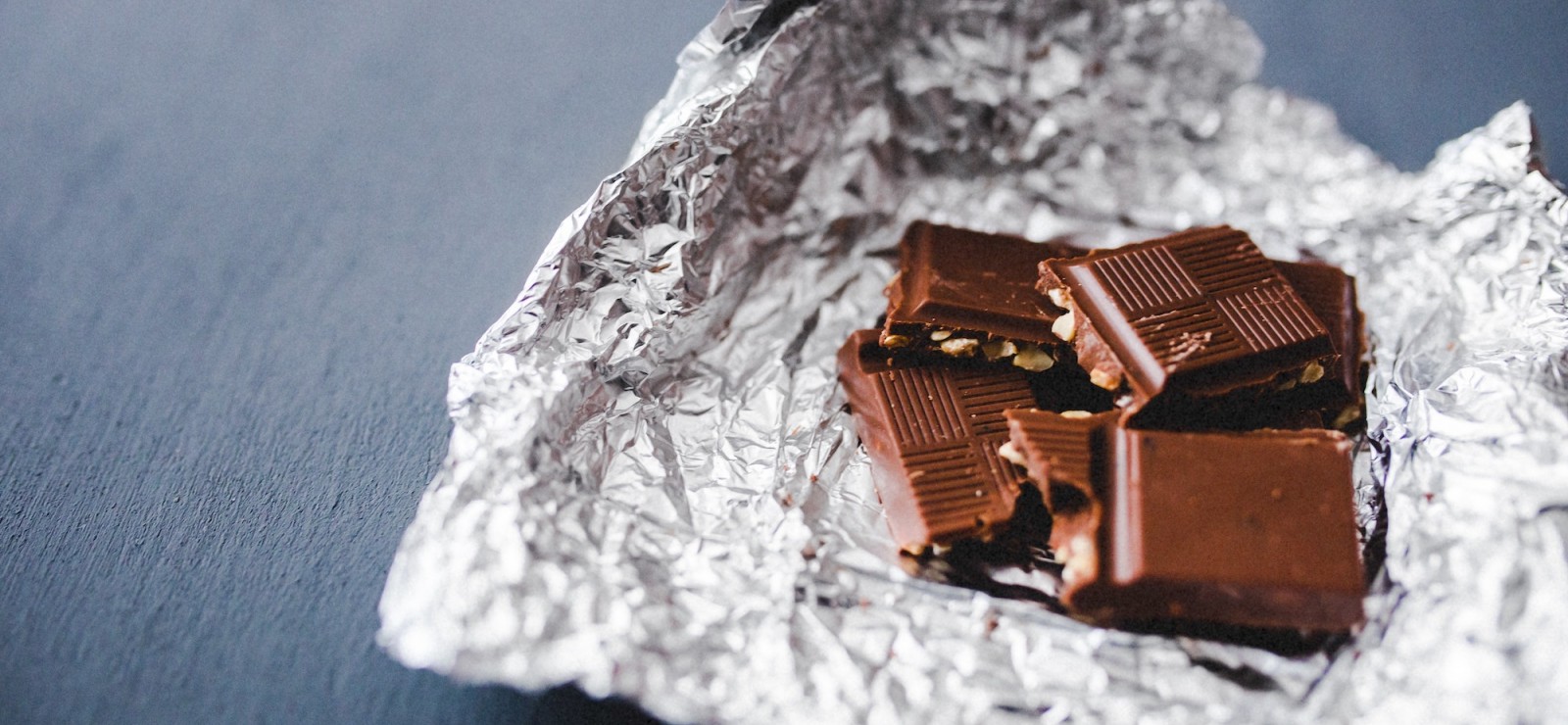It is more common than we think: things that almost everyone believes, but have long been debunked by science. Do you get acne from eating chocolate?
Evelien Verhaeghe of the department of Dermatology: 'There is no evidence for that. In general, it is very difficult to get hard evidence that any food has an effect on acne. There was quite a discussion about milk and milk products recently, but it's all not very solid. One study finds a small effect, the other finds nothing at all.'
‘Acne is caused by a blockage of the sebaceous glands. The cause is usually hormonal. That's why acne often occurs at the onset of puberty. Hormonal changes in your body cause you to produce more sebum. This clogs your pores, especially in the sebum-rich areas of your body, such as your face. These are the well-known black or white dots. Sometimes there is an inflammatory reaction, but acne in itself is not an inflammation.’
Isn't there any way to prevent acne?
'Actually, there isn't. It has nothing to do with personal hygiene, perspiration or vitamin deficiencies. To prevent acne, however, you can degrease your skin by regularly washing it with soap. But too much washing is not good either, because it dries out your skin. So: use the correct products that degrease and moisturise your skin at the same time. And, if necessary, a local and systemic treatment in addition'.
'.
Read also
Five (realistic) ways to move more in 2026
January often starts with good intentions… but those plans can be quickly abandoned. To exercise more is always high up everyone’s list, but there’s often a gap between wanting to do it and actually doing it. So how do you bridge that gap?
Is a stool transplant a potential treatment for Parkinson’s?
A recent study into Parkinson’s disease has shown that a stool transplant may constitute a new and valuable treatment of the disease. “It offers a potentially safe, effective and cost-efficient way of alleviating the symptoms and improving the quality of life of millions. A 'bacterial pill' might replace the stool transplant in the future. But more research is needed.”
Ignaas Devisch has been stimulating our thinking for years (and is now receiving recognition for it)
Twenty years ago, he was ridiculed as a scientist when he tried to communicate with the general public. Now, Ignaas Devisch is receiving the Science Communication Career Award for it. "It's wonderful recognition," says the medical philosopher. "Although communicating about science also involves learning to listen well."
Manon researches healthy sugars: “Because of my research I pay more attention to what I eat”
Manon Steynen from the Faculty of Bioscience Engineering is trying to convert unhealthy sugar into healthy sugar.



